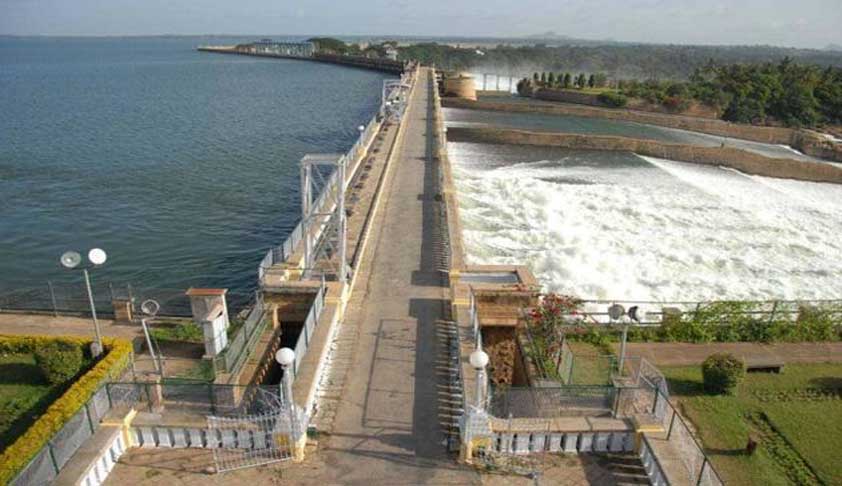A high level technical panel appointed by the Supreme Court confirmed that the Cauvery basin is in trouble. In its 40 page report, the committee has suggested various measures that are in the direction of calling a truce between Karnataka and Tamil Nadu on the Cauvery river water sharing dispute.On 4 October, after the Centre took a U-turn on the Cauvery Management Board, much to the chagrin...

